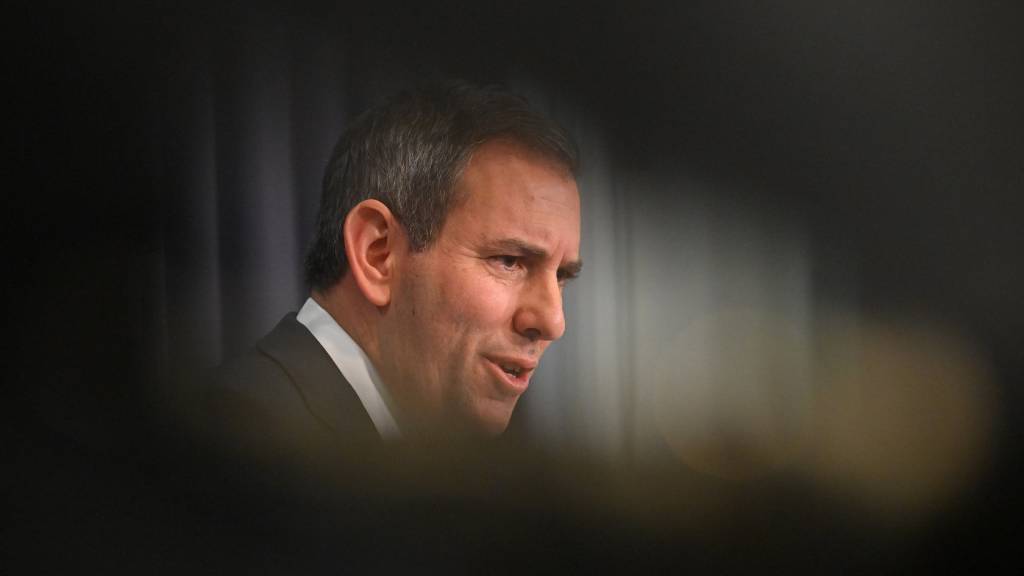Talk about burying the lede. Hidden in an appendix to the Productivity Commission’s draft proposal to overhaul company tax, released yesterday, is the exposure of what should (but won’t) be the focus of the productivity roundtable later this month — the lack of competition in Australia.
Others can parse the convoluted pitch to cut taxes for companies earning below $1 billion while imposing a cashflow tax and immediate writing-off of investment. The real interest lies in the PC’s justification, apart from the need for revenue neutrality, for keeping the threshold for a 30% company tax rate at $1 billion. It’s because far more of the profits of those large firms are “economic rents”, i.e. profits extracted by firms exploiting their strong competitive position to lift prices.
 Productivity Commission chair Danielle Wood (Image: AAP/James Ross)
Productivity Commission chair Danielle Wood (Image: AAP/James Ross)
“Enduring economic rents, those that are sustained over a long period of time, can reduce living standards and reduce economic efficiency, to the extent that they are associated with lower quantities and/or higher prices for goods or services than is required for that good or service to be provided.”
The PC notes, with reference to work conducted by economist Chris Murphy for the commission and others:
Economic rent has attracted growing policy attention over recent years, with various estimates claiming that they have grown both globally and in Australia, have become more persistent, and have arisen in certain sectors or asset classes … Modelling undertaken by the PC for this inquiry (Murphy 2025) estimates that that 54% of the company income tax base takes the form of economic rents, an increase from Murphy (2018) which estimated the figure to be 41% at the time.
That appears to resolve a significant part of the debate over the causes of the post-pandemic inflation spike. Those who argued that corporations exploiting Australia’s highly concentrated markets to lift prices didn’t play a significant role in inflation — such as the Reserve Bank, the Financial Review, right-wing economists and the business community — now appear wrong. We know that, compared to 2018, there was a substantial rise in profits extracted as economic rents by big corporations.
Related Article Block Placeholder
Article ID: 1213272
Those “economic rents” were via higher prices that we all paid. Higher prices in supermarkets. Higher airfares to a gouging Qantas. Higher prices for building materials. Higher power prices. Higher childcare prices. And higher banking fees — aided and abetted by a Reserve Bank that denied all evidence of corporate profiteering and instead insisted inflation was only caused by excessive consumer demand that required higher interest rates.
As the PC notes, a differential tax regime isn’t the only possible response to this problem — competition policy might be a better one. But while competition law reforms undertaken by Jim Chalmers in the last parliamentary term were aimed at making it harder for further market concentration to occur, reversing the level of concentration that has delivered the surge in economic rents requires divestment powers. And however much the Nationals might encourage the idea, divestment looks to have died with Peter Dutton’s career.
While it’s unlikely the government will embrace the PC’s tax changes — partly because big business lobby groups like the Business Council will be opposed, unless they can see a way to game the $1 billion threshold — Chalmers absolutely should embrace the PC’s idea that a good way to deal with economic rents is to tax them. No matter what tax changes arise from the productivity roundtable, if the government won’t embrace divestment that will cut economic rents, it should slap a tax on them. At least taxpayers will be getting back what consumers are giving up.


